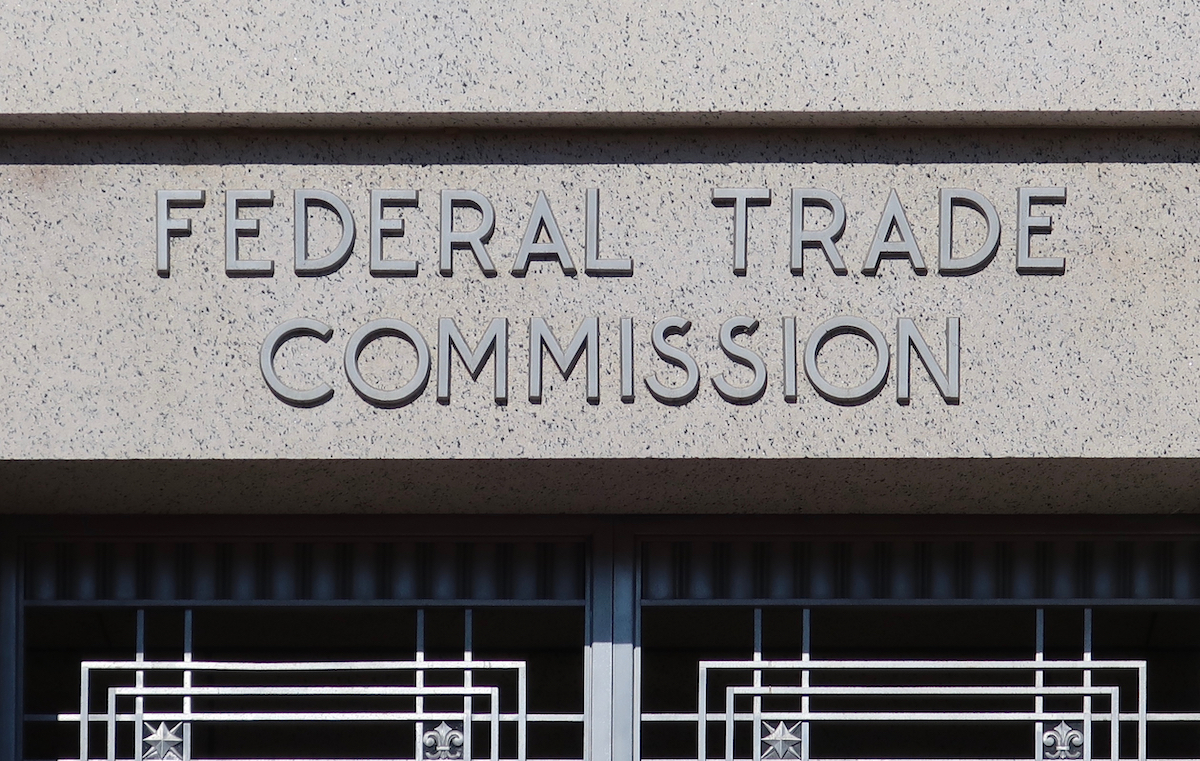
According to The Wall Street Journal, the regulatory body has requested additional information from both Exxon Mobil and Pioneer as part of its standard procedure to assess the potential anticompetitive implications of the merger under U.S. law. Pioneer Natural Resources disclosed this development in a filing on Tuesday, shedding light on the ongoing scrutiny of the landmark deal.
Featured News
French Antitrust Raid Targets Passenger Transport Sector
Feb 18, 2026 by
CPI
FTC Moves to Bring Back Rules To Make It Easier for Consumers to Cancel Subscriptions
Feb 18, 2026 by
CPI
California Lawmaker Backs Sweeping Antitrust Overhaul
Feb 18, 2026 by
CPI
Brazil’s Competition Authority Probes Microsoft’s Jumpstart Program Over Browser Concerns
Feb 18, 2026 by
CPI
The Battle Between CFTC and State Regulators Over Prediction Markets Spreads to Capitol Hill
Feb 18, 2026 by
CPI
Antitrust Mix by CPI
Antitrust Chronicle® – Hub-&-Spoke Conspiracies
Jan 26, 2026 by
CPI
A Data Analytics Company as the Hub in a Hub-and-Spoke Cartel
Jan 26, 2026 by
Joseph Harrington
Hub and Spoke Cartels
Jan 26, 2026 by
Patrick Van Cayseele
Hub-and-Spoke Collusion or Vertical Exclusion? Identifying the Rim in Hub-and-Spoke Conspiracies
Jan 26, 2026 by
Rosa Abrantes-Metz, Pedro Gonzaga, Laura Ildefonso & Albert Metz
The Algorithmic Middleman in a Hub-and-Spoke Conspiracy: Divergent Court Decisions and the Expanding Patchwork of State and Local Regulations
Jan 26, 2026 by
Bradley C. Weber
 Add as Preferred Source
Add as Preferred Source